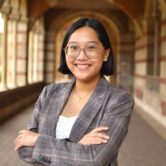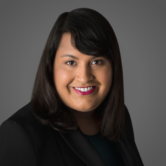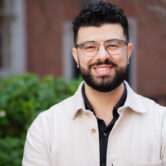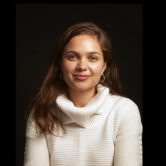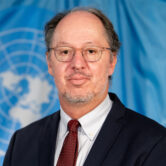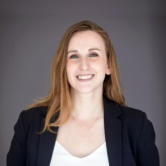Pablo de Greiff
Senior Fellow; Director
Prevention Project, Transitional Justice Program
Courses
Pablo de Greiff directs the Transitional Justice Program and the Prevention Project at the Center. He served as the first UN Special Rapporteur on the promotion of truth, justice, reparation, and guarantees of non-recurrence from 2012 to 2018, as a member of the UN Independent Investigation on Burundi (UNIIB) in 2015-16, and since 2019 serves in the UN Secretary General’s Civilian Advisory Board.
From 2001 to 2014, Pablo was the Director of Research at the International Center for Transitional Justice. Born in Colombia, Pablo graduated from Yale University (BA) and from Northwestern University (PhD). Before joining the ICTJ, he was an associate professor with tenure in the Philosophy Department at the State University of New York at Buffalo, where he taught ethics and political theory. He was also a Laurance S. Rockefeller fellow at the Center for Human Values at Princeton University and held a concurrent fellowship from the National Endowment for the Humanities.
Pablo is the editor or co-editor of ten books, including Jürgen Habermas’s The Inclusion of the Other (MIT Press, 1998), Global Justice and Transnational Politics (MIT Press, 2002), Las Razones de la Justicia: A Festschrift for Thomas McCarthy (México: UNAM, 2006), and in areas related to transitional justice, The Handbook of Reparations (Oxford, 2006), Transitional Justice and Development: Making Connections (SSRC, 2009), and Disarming the Past: Transitional Justice and Ex-combatants (SSRC, 2010), among others.
Pablo has published extensively on transitions to democracy, democratic theory, and the relationship between morality, politics, and law, and is on the board of editors of the International Journal of Transitional Justice and of several book series related to the topic. His articles include “Theorizing Transitional Justice,” in Transitional Justice, NOMOS, vol. LI, Melissa Williams, Rosemary Nagy, and Jon Elster, eds. (NYU Press, 2012).
He has lectured at NYU, Yale, Harvard, Columbia, Cornell, European University Institute, and in universities across Europe and Latin America.
Pablo contributed to the drafting of the final report of the Stockholm Initiative on DDR, authored the Office of the High Commissioner for Human Rights’ Rule-of-Law Tools for Post-Conflict States: Reparations Programmes, and was an adviser to the World Bank on the process leading to the World Development Report 2011: Conflict, Security, and Development. He has been an adviser to different transitional justice bodies in Peru, Guatemala, Morocco, Colombia, and the Philippines. He is the Chair of the Advisory Board of the Open Society’s Justice Initiative, and a member of the advisory boards of the International Center for Transitional Justice, the Archives and Dealing with the Past Project, and a member of the boards of the Global Survivor’s Fund, the Universal Rights Group, and of the International Center for MultiGenerational Legacies of Trauma.
During his term as Special Rapporteur, Pablo conducted country visits to Uruguay, the United Kingdom and Northern Ireland, Tunisia, Spain, Burundi, Sri Lanka and presented over a dozen reports to the UN Human Rights Council and the UN General Assembly.



